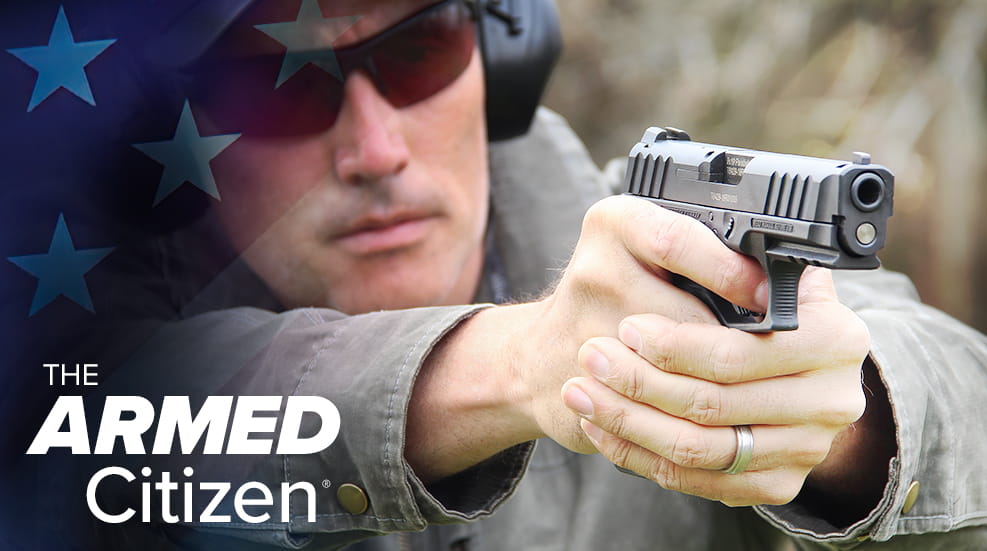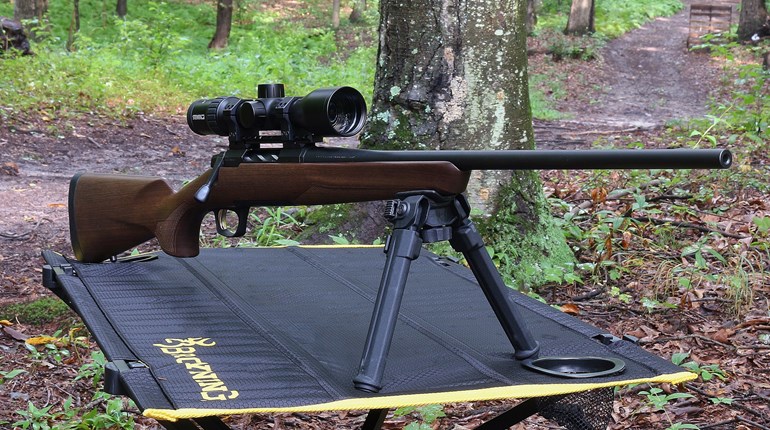
When it comes to constitutionally protected rights, about the only one that is infringed upon for 18- to 20-year-old Americans is the right to keep and bear arms. Despite their adult status, these citizens are denied by the federal government their right to purchase a handgun from a Federal Firearms Licensee (FFL) holder until they reach age 21.
A number of states do not impose the same restriction on the private transfer of handguns, and even more do not restrict those aged 18-20 from possessing handguns. But the national prohibition on purchases from a licensed gun dealer greatly diminishes the ability of those between the ages of 18 and 21 who live in states where it is perfectly legal for them to possess or even purchase a handgun to be able to easily exercise their right to arms.
The battle to have these rights recognized has been a roller coaster ride in the past few weeks. On Dec. 1, young gun owners in the case Brown v. ATF won a major victory in the U.S. Court for the Northern District of West Virginia. In the ruling, Judge Thomas S. Kleeh declared the law unconstitutional, and granted the plaintiffs’ motion for summary judgment.
“The core issue the Court must answer under Bruen remains whether our Nation’s history and tradition contains ‘analogous’ restrictions on the ability of 18- to 20-year-olds to purchase firearms,” Judge Kleeh wrote. “Defendants have not presented any evidence of age-based restrictions on the purchase or sale of firearms from before or at the Founding or during the Early Republic. Defendants have likewise failed to offer evidence of similar regulation between then and 1791 or in a relevant timeframe thereafter. For that reason alone, Defendants have failed to meet the burden imposed by Bruen.”
In the end, Judge Kleeh concluded: “… because Plaintiffs’ conduct—the purchase of handguns—‘fall[s] [within] the Second Amendment’s unqualified command’ and the challenged statutes and regulations are not ‘consistent with the Nation’s historic tradition of firearm regulation,’ the Court finds 18 U.S.C. §§ 922(b)(1) and (c)(1) facially unconstitutional and as applied to Plaintiffs.”
Of course, the ruling did not mean that licensed gun retailers could immediately begin selling handguns to young adults who are 18, 19, and 20. Most onlookers expect the federal government to appeal the ruling.
In fact, just a week later, Judge Kleeh stayed his earlier ruling pending an appeal to the 4th Circuit Court of Appeals. In doing so, Kleeh wrote that he stands by the decision and believes the plaintiffs will succeed on the merits of the case, but also noted that other courts have come to a different conclusion.
“While the Court stands behind its reasoning and determination in its Memorandum Opinion and Order, the Court finds that the first factor weighs in favor of staying the injunction,” Judge Kleeh wrote. “Several federal district courts have evaluated the constitutionality of 922(b)(1)’s age ban with differing results. This lawsuit poses the substantial and novel question ‘of the proper definition of ‘the people’ in the Second Amendment and whether 18-to-21-year-olds fall within in it. In well-reasoned and thoughtful opinions, district courts have landed on both sides of that debate.’ Because Courts are split in their assessment of this question, reasonable minds can and have varied. Accordingly, the first factor weighs in favor of staying the injunction pending appeal to the United States Court of Appeals for the Fourth Circuit.”
Further backing away from his original ruling, Judge Kleeh also wrote that if the stay is lifted, it will not be for the entire nation.
“If/when the stay is lifted, the subject injunction is not a nationwide injunction,” he wrote. “Nor does the Court contend that it would have such authority to impose such a universal injunction.”
This battle for young Americans’ right to keep and bear arms has a lengthy history, yet not much real progress has been made; in fact, in the courtroom, the matter has repeatedly taken one step forward, then two steps back.
In 2021, the Fourth Circuit Court of Appeals struck down the law in Hirschfeld v. Bureau of Alcohol, Tobacco, Firearms and Explosives. In that pre-Bruen case, Judge Julius Richardson wrote: “We hold that the challenged federal laws and regulations are unconstitutional under the Second Amendment. Despite the weighty interest in reducing crime and violence, we refuse to relegate either the Second Amendment or 18- to 20-year-olds to a second-class status.”
Unfortunately, only a few months later, the same judge threw out the decision because the plaintiffs in the case had reached the age of 21, and no longer had standing.


































